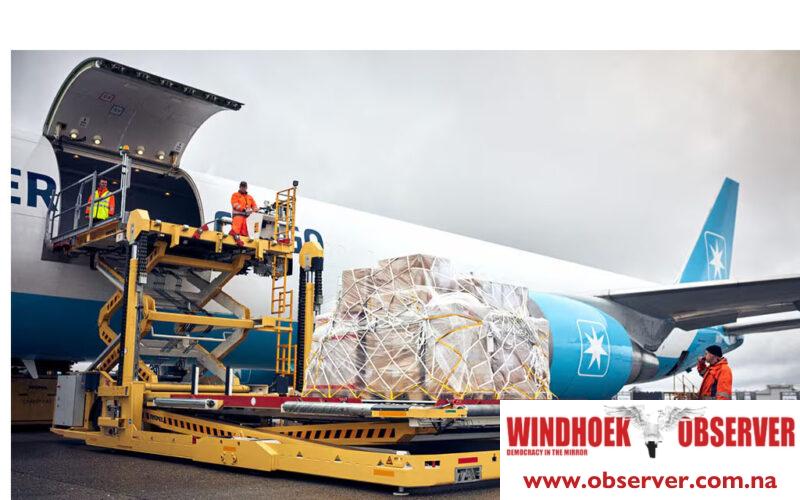The International Air Transport Association (IATA) emphasized the vital role of air cargo in maintaining global supply chain resilience and called on governments and industry to remain focused on delivering the fundamental expectations of customers, safety and security, digitalisation and sustainability.
“Whether supporting global trade, enabling e-commerce, or delivering vital humanitarian aid, the value of air cargo has never been clearer. To meet customer expectations and navigate an increasingly complex environment, the air cargo industry must continuously strengthen safety and security, fast track digitalization, and deliver on its sustainability commitments,” said Brendan Sullivan, IATA’s Global Head of Cargo at the opening of the 18th World Cargo Symposium in Dubai, UAE.
Safety is the top priority for air transport and in the case of air cargo the specific focus is on the safe transport of lithium batteries. IATA calls on government to step up efforts to stop rogue shippers and
support ICAO’s work to strengthen Annex 18 of the Chicago Convention—the global framework for the safe transport of dangerous goods by air.
“Shipments of lithium batteries are growing in volume. With that come increased risks associated with
undeclared or mis-declared goods. The industry has invested in training, certification, and technology.
Governments must match that commitment with robust oversight and enforcement,” said Sullivan.
IATA reinforced calls to governments for a coordinated, risk-based approach to air cargo security
following recent incidents involving incendiary devices concealed in shipments. While some states
implemented new measures, the lack of alignment led to inconsistent outcomes. This situation
reinforces the importance of harmonized responses based on global standards.
“Recent security incidents highlight the need for better coordination among governments. Aviation
security cannot be built on fragmented or reactionary measures. Global standards and cooperation are
essential,” said Sullivan.
IATA also renewed its call to states to fulfill their Annex 17 obligations by sharing timely and accurate
threat intelligence to enable informed risk assessments and operational decisions.
“The industry is best placed to understand its operations and the associated safety and security risks.
But governments have infinitely more resources, particularly in intelligence gathering. The best results
come when governments and industry work together,” said Sullivan.
IATA reinforced the central role of ONE Record as the industry’s standard for end-to-end digital data
exchange, supporting improved efficiency, compliance, and transparency. The industry’s goal is clear:
by January 2026, ONE Record will become the preferred method of sharing data.
“We are committed to net zero carbon emissions by 2050. But the ramp-up of SAF, our strongest lever has been disappointing. The major fuel producers have been slow-walking or sidelining planned investments in SAF. Aircraft manufacturers have backed off their commitments for medium-term delivery of CO2 saving products such as hydrogen-powered aircraft,” said Sullivan.- International Air Transport Association




